Developer Spotlight - Positronic Software
- Adam Hartling
- Sep 1, 2025
- 5 min read
Updated: Oct 22, 2025
In the early 1990s, a small software company based in Dartmouth, Nova Scotia entered the world of personal computer gaming. Positronic Software focused on developing card games, most notably bridge and poker, that featured built-in AI systems capable of adjusting to the player's style over time. Rather than relying solely on static rules, these games aimed to create a more personalized experience by "learning" from each session. This post explores what the archive currently knows about the company’s history.

Dr. David Lever
The known story of Positronic Software begins with Dr. David Bruce Lever. Dr. Lever acquired a PHD in Mathematics from Dalhousie University in 1981 and would teach mathematics at Dalhousie University and Mount Saint Vincent University until they retired.
While at Dalhousie, Dr. Lever published two papers that related to AI theory in the 80’s (see notes at the end for reference). Even before the writing of these papers, he had the idea of using his AI theories in a computer version of bridge. He would create a primitive computer bridge game with built in AI systems sometime before 1980 as a gift to his wife. The nature of this first version is currently unknown, such as the type of computer platform it ran on. This early game would eventually evolve over time into their first commercial release, “Positronic Bridge”, according to notes on the development in that game's manual.
Dr. Lever would eventually open Positronic Software to produce and publish these games. The Nova Scotia Registry of Joint Stocks shows that Dr. Lever registered the business officially on May 15, 1992.
EBS Artificial Intelligence Software
The artificial intelligence system developed for the computer bridge games was called the Expert Bidding System, or EBS. The system would create engrams about bidding patterns, a memory pattern representing real experience while playing. Combined with ideas of “Genetic Algorithms” developed by experiments in Artificial Life, the system creates Non Playable Characters (NPCs) that remember in a life-like manner from previous games.
The EBS system was also modular, players could export their game’s EBS files and share them with others, so that the computer can be setup to play in different ways learned on different systems.
The Games

Positronic Software would release three commercial products before closing. Those releases were Positronic Bridge (1993), Perfect Partner Bridge (1995), and Perfect Player Poker (1996).
The games are not currently available commercially online, though unofficial copies of the games can be found through searching.
Positronic Bridge
Positronic Bridge (1993), was Positronic Software’s first commercial release. It was published by ReadySoft Inc. of Ontario and ran on MS-DOS (version 2.0 or higher). It offered three versions with increasing available options for the player: Beginner, Competitor, and Developer. The Developer version allowed users to create advanced EBS engrams to share with others.
The game also included in the box a physical copy of The Basics of Winning Bridge by Montgomery Coe, providing players with a guide to improving their bridge skills.
Brent Manley, editor of the American Contract Bridge League's "The Bulletin" also endorsed the games to their readers.
Perfect Partner Bridge
Perfect Partner Bridge (1995), published by Spectrum Holobyte, was an enhanced version of its predecessor, incorporating sounds and videos. Unlike earlier versions, it was released as a single version rather than multiple ones with varying AI control. The game was compatible with Windows 3.1 and Mac Plus 6.
It featured two main modes:
Play Module: Offered various customization options and included modem-based online play.
Developer Module: Allowed users to train the AI, enabling it to adopt a personalized bidding system and play style. The process was time-intensive, requiring 16 to 20 hours of user guidance to reach a good bidding level.
The game also included pre-built "Neural Net" EBS engrams that were trained by professional bridge player Tony Forrester. He played 250 hands over two weeks to train the AI's skills.
Perfect Player Poker
Perfect Player Poker (1996) was self-published and featured gameplay against seven AI opponents, each with a unique play style. The game’s AI was developed with the help of a professional poker player, Doug Young of PEI, who played over 4,000 games to create a base neural net. This neural net was then adjusted to produce the seven distinct NPC player personalities.
The game included high-stakes poker variations like 7-card stud, Omaha, Hold ‘em, 5-card draw, and others.
The studio also hired local Nova Scotian television personality Nancy Regan to star in tutorial videos. Regan is most known in the area for hosting the Halifax ATV daily news magazine program "Live at 5" for many years.
Reception Of Games In The Market
Reception to Positronic Software's bridge games were for the most part positive, with some issues pointed out regarding suitability for experienced players with the first game, and learning curve issues for the latter.
In December 1993’s “Computer Game Review and CD Rom Entertainment” magazine, the reviewers gave Positronic Bridge a review score 83%, highlighting the game's solid bridge-playing experience with an accessible interface, though they felt it may not be ideal for novices and lacked some extras like updated graphics or sound.
In March 1994’s “Computer Gaming World”, reviewer David E. Lindeman described Positronic Bridge as a simple, no-frills bridge game suitable for beginners. They elaborated that the fixed bidding system could be frustrating for experienced players, as it didn't allow customization or feedback on bids. While they felt the gameplay was solid and the AI was consistent, they also felt the lack of advanced features and a rigid bidding system made it less appealing for advanced players.
In October 1995’s “Electronic Entertainment” magazine, they reviewed Perfect Partner Bridge as a serious bridge simulator that used neural-net technology to adapt bidding and play style. They commented on the steep learning curve and minimal multimedia elements making it less accessible, especially for beginners. Overall, they felt the game was designed for serious bridge players but had room for improvement in its presentation and ease of use.
As of posting of this article, no reviews have been found of Perfect Player Poker.
(Special thank you to the Video Game History Foundation's Digital Archive, for making it possible to locate the above reviews)
Known End Of Positronic Software
The exact reasons for the studio closing aren’t known to the archive currently, though there may have been financial issues. There are records of a lawsuit between the studio and an investor for an unpaid loan that was filed in 1996 in the Nova Scotia courts. After 1996, there is no known activity of the company. The Nova Scotia Registry of Joint Stocks shows the company's registration being revoked for non-payment on July 1, 1997.

Dr. Lever would go on to teach at Dalhousie University in Halifax as an adjunct mathematics professor for many years. In 2011 they also wrote a science fiction novel called “The Apostate.” They passed away on January 7, 2018 at the age of 68.
If you know more about the history of Positronic Software or have items from the company you could donate, please reach out to the archive by email at hgc.archive@gmail.com.
Thank you for reading!
Notes:
Papers referenced:
Lever, D. B., Continuous Families: Categorical Aspects Cahiers De Topologie et Geometrie Differentielle, Vol. XXIV-4, pp. 393-432 (1983).
Lever, D. B., Relative Topology in Categorical Topology, Proceedings of the International Conference held at the University of Toledo, Sigma Series in Pure Mathematics 5 Heldermann Verlag Berlin (1984).
Reviews:
Computer Game Review and CD-ROM Entertainment, Volume 3, Issue 5, Number 29 - Page 50 https://archive.gamehistory.org/item/551750e8-a314-4ccb-afdd-5d692b014110
Computer Gaming World, Number 116 - Pages 142, 144
https://archive.gamehistory.org/item/091ee784-d3f2-4763-a320-f1234b48a9a7 Electronic Entertainment, Volume 2, Number 10 - Page 100

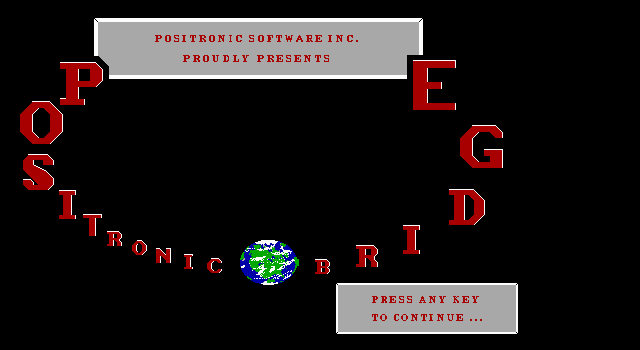

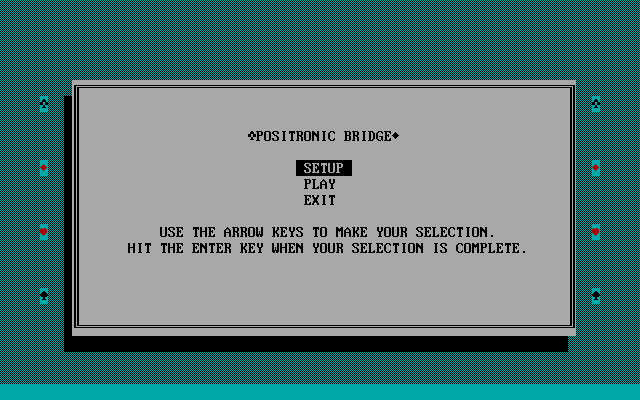

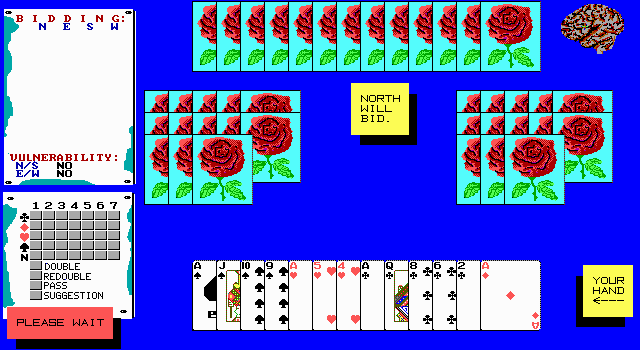

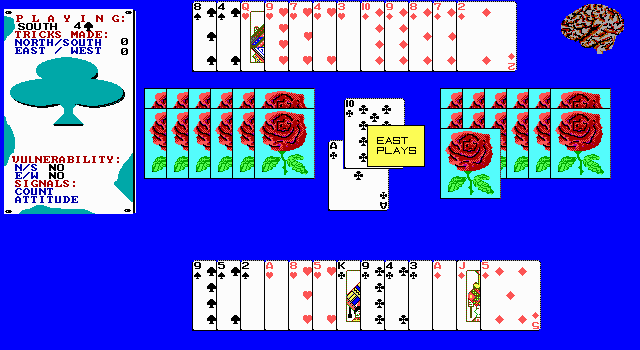

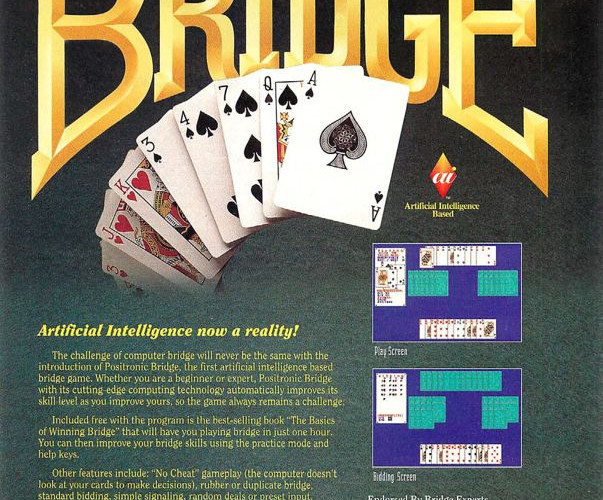

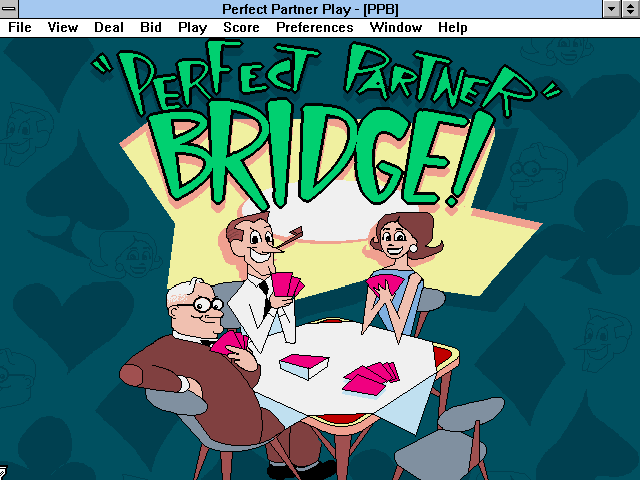

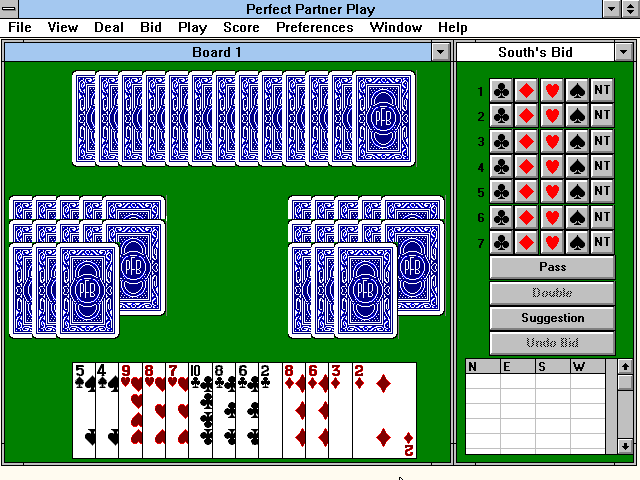



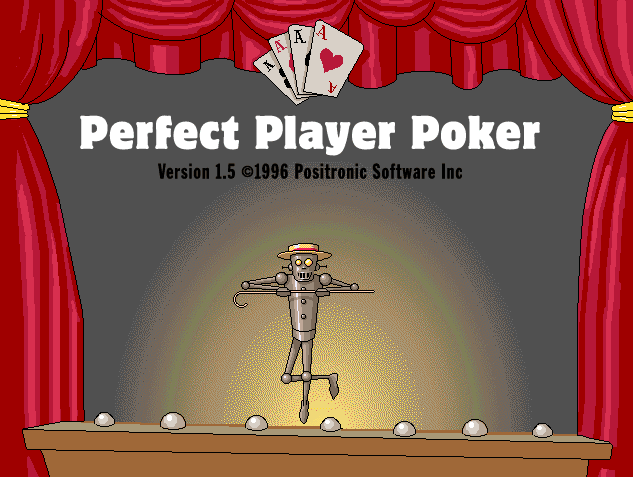



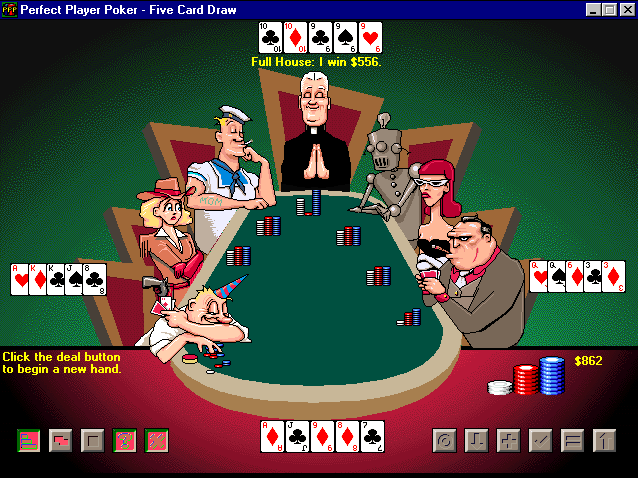

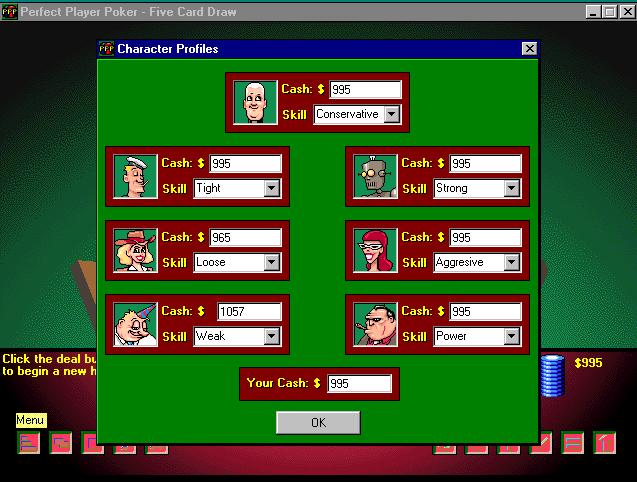

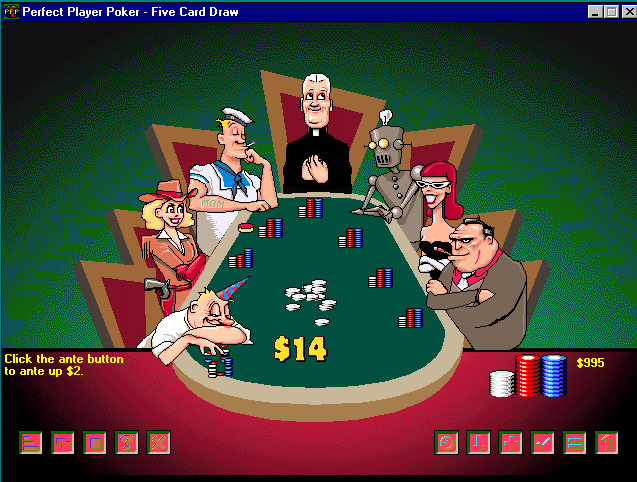

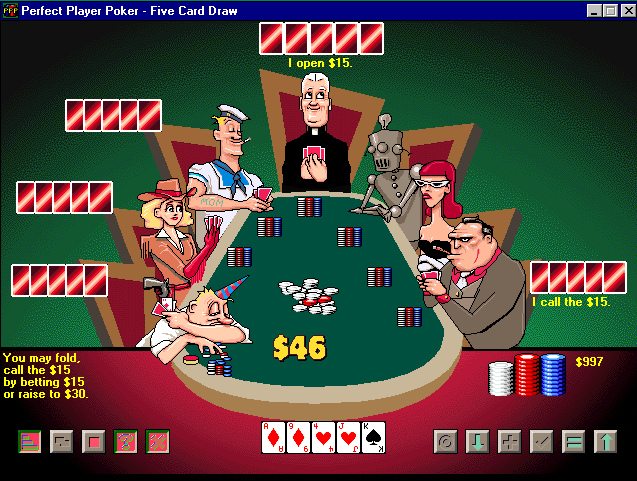

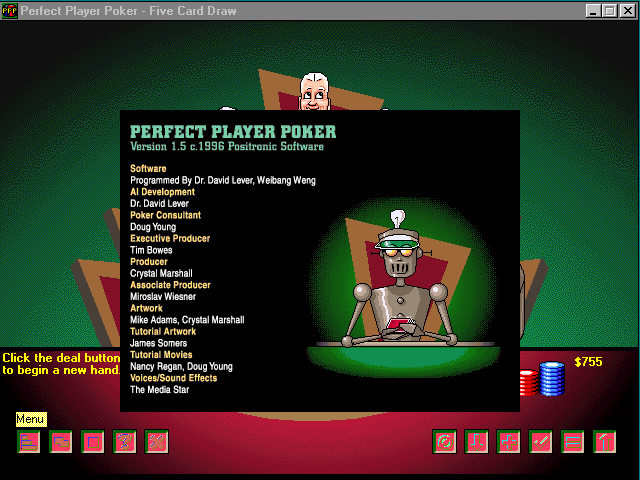






Comments